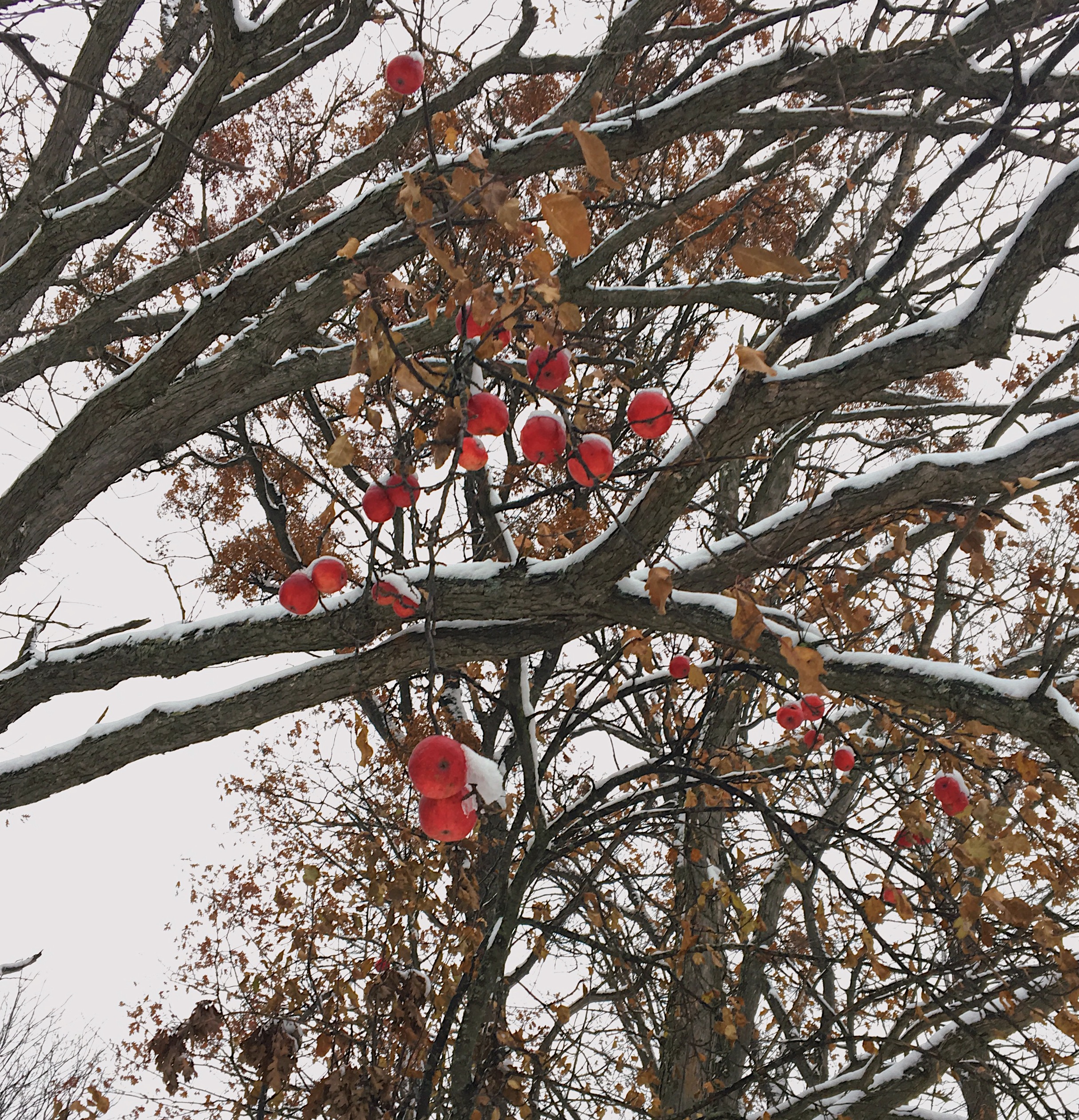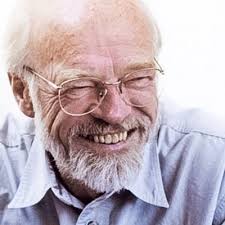Serving in local church ministry is one of my deepest joys in life. It's also one of my deepest heartaches.
I think anyone who works with people in any personal way knows the deep joy and deep heartache that comes from knowing the stories of those people, and having your own story interact with theirs.
And yet, people are given to us pastors to love, to guide, to listen to, to challenge, and to remind them (and ourselves) that God is always inviting us into something deeper, something next. Our work is to cultivate the ability to pay attention, and to respond accordingly.
Advent is an especially favorite season of mine, because waiting and longing are something I already do without much effort. I know what I'm waiting for, I know what I'm longing for, which explains the heartache I experience so often.
Pastoral work is hard. It's painful.
But the beauty of this work has begun to seep into my bones, and mark me in ways I'm sure I'm not yet aware of.
This work takes much out of me, which is why I've had to learn the hard way so often to take care of myself, and limit myself, as I do this strange and wonderful work.
As I continue to grow and learn and make mistakes as a pastor, here's a few things I'm learning that are saving my life.
If you're in pastoral ministry, or if you're thinking about doing this work, I hope this helps.
--
-Ten Thoughts On Sustainable Pastoral Ministry-
1) God made you with limits, and your invitation is to honor those limits, whether they be physical, emotional, or family-based. To live out of your limitations is to honor how God created you.
2) Developing a regular rhythm of sabbath (weekly for my family) will save your life. Sabbath isn't about keeping rules, but acknowledging limits, and trusting that as you deliberately take time to be unproductive, God will continue to do the work that only God can do to you make your life and ministry fruitful and productive.
3) Your kids will only get one childhood, your spouse will only have one marriage with you. Arranging your life so that these relationships will thrive is what your ministry faithfulness needs to come out of, not be in spite of.
4) You are worth knowing, you are worth taking care of yourself, you are worth asking for the help that you need, b/c you are made in the image of God. You are worthy of love and belonging.
5) When you begin to live into these sorts of ideas, there will be people around you that might feel threatened, b/c they don't live this way. Tread carefully, but trust that sometimes people need to have far less influence in your life than they do. God will always bring the people into your life that you will need to help you get to the next phase of what God is inviting you into.
6) You can’t do this work alone. You simply cannot. You need friends who will love you, who will listen and care, but who will tell you the truth. You need guides and elders who will give you relationship, who will mentor you, and give you appropriate feedback. You need coaches and therapists and spiritual directors who will help you with your work, help you with your emotions and story-work, and who will continually invite you to consider where God is in the middle of your life.
You NEED all of these people to thrive in ministry. You'll never have this perfected, but by working within your limits, and walking with others who will love you, tell you the truth, and care for you, you can begin to thrive.
7) There will always be people who don't like you. There's nothing you can do to avoid that. It's up to you to determine how best to respond to these folks. You can ignore them. You can defend yourself against them. You can get in the mud and wrestle with them. You can passive-aggressively needle them. I've done all of these things, and I'm never better off for having done them.
I've learned from Brenè Brown that it's ok to hear from and learn from folks who are critical of you, but it's not ok for you to give everyone equal weight in your life with their words and ideas. If the critic isn't in the arena with you, working to birth the thing you're working to birth, their words don't count as much. They may FEEL strongly, but if they're not committed to the same dreams, the same goals, and the same future as you and your partners are committed to, then be kind, but pay little attention. Ask, "what is there in this for me?" and then carry on.
8) Take your own spiritual formation as a child of God more seriously than you do anything else in your life and leadership. You are only as good as your deep connection to God. Your own growth, your own health, and your own formation will directly correlate to how you lead others into spiritual growth and health.
9) You are not simply growing an organization, you are creating the conditions where the lives of those who God has entrusted to your care can begin to grow and change. Spiritual growth is a funny thing. It's difficult to pin down. How does it work? How do we do it? Sometimes, I have no idea. Most of the time, I know it has to do with intention, quiet, solitude, silence, service, generosity, hospitality, study, prayer, and healthy relationships.
Take one thing at a time. This will take years, but do it anyway. You, and those around you, will be grateful for decades, even though most will never know all the work you've put into becoming a healthier, more spiritually aware person.
10) In your pastoral work, it's best to see yourself as a farmer. Of course, what I mean by this is a small-scale farmer growing a diversified plan, using mostly organic methods. These kinds of farmers know that they don't grow anything, they only create the conditions whereby the seeds they put in the dirt can begin to grow.
Good farmers know they don't grow melons or tomatoes, or raise pigs or chickens. Good farmers know they grow soil. They know the health of everything they do is directly connected to the health of the soil they're working with. If the soil isn't healthy, good farmers know that the fruit they harvest (if any) won't be healthy either. Good farmers are dirt farmers.
And over time, while making daily investment into the care of their dirt, they plant seeds in the ground that will eventually begin to sprout. And as they care for these fledging seedlings, they know that one day, months away, they will reap a harvest this is grace upon grace upon grace.
Pastors are farmers. We put the mess of life into the ground, believing that the impossible can happen. That the Maker will, through mystery and grace, take that mess, and make it a rich compost, teeming with life and goodness, that will, one day, produce so much life beyond itself.
--
Pastoral work is a mystery. Over time, as you add up all the meetings, the study, the prayer, the sermons, the leadership, the leading change, the invitations, the money management, the administration, the people - so many disparate things - over time, as you do this work faithfully, God will begin to help this work take root in the soil all around you, in ways you couldn't have planned for or expected. This work will change lives, your own benefiting the most.
That's been my experience.
Peace to you on this journey toward a fuller spiritual transformation, that will lead to a more sane and robust life in ministry.
May it be so.











